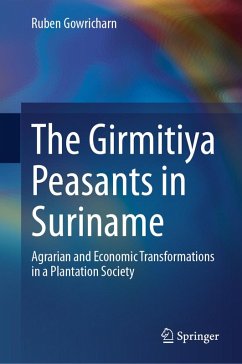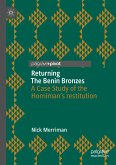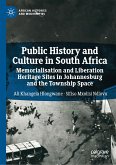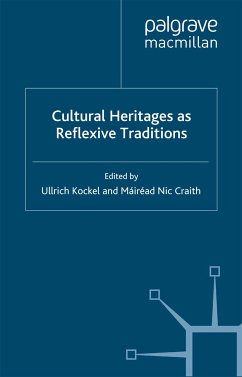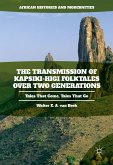The author argues that it was the Girmitiya peasants who had made greater contributions to developing the ethnic community over the labourers of whom about one-third returned to British India. The work covers the history of how the peasants institutionalised their practice, changed the physical landscape and integrated economically and politically as an ethnic group in their newly adopted homeland. Furthermore, the author presents arguments to demonstrate that Girmitiya peasants survived the plantation labour and peasant life due to their knowledge and skills of agrarian cultivation, known as agrarian human capital. The scholarly literature about the labour migration from British India has focused heavily on the fate of the labourers. Consequently, the history of the Girmitiya peasants as well as the cultural heritage they have produced has been grossly neglected. This book purports to fill this void by telling the history of Girmitiya peasants in Suriname, a Caribbean society adjacent to former British Guyana.
Dieser Download kann aus rechtlichen Gründen nur mit Rechnungsadresse in A, B, BG, CY, CZ, D, DK, EW, E, FIN, F, GR, HR, H, IRL, I, LT, L, LR, M, NL, PL, P, R, S, SLO, SK ausgeliefert werden.

